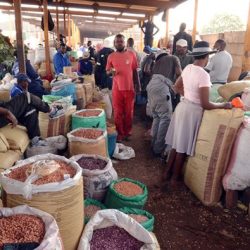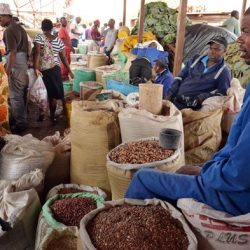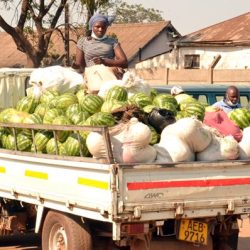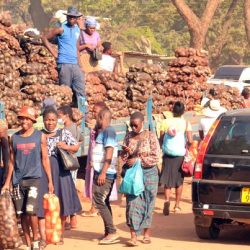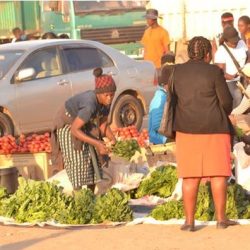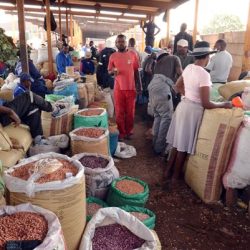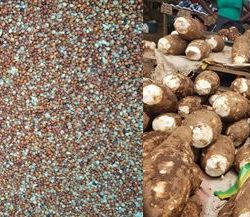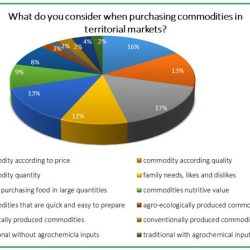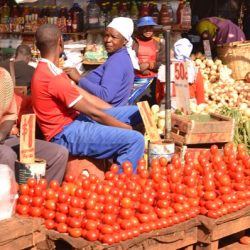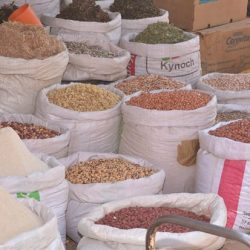Reimagining agribusiness models that value farmers and the environment
When you listen to banks talking about agriculture investment it would appear capital or money is more important than fundamental natural resources like land, water, labour and local knowledge. Yet it is clear that without land, water, fertile soils, local people and favourable climatic conditions, capital injected into agricultural projects will not generate meaningful returns. Read more about Reimagining agribusiness models that value farmers and the environment[…]

